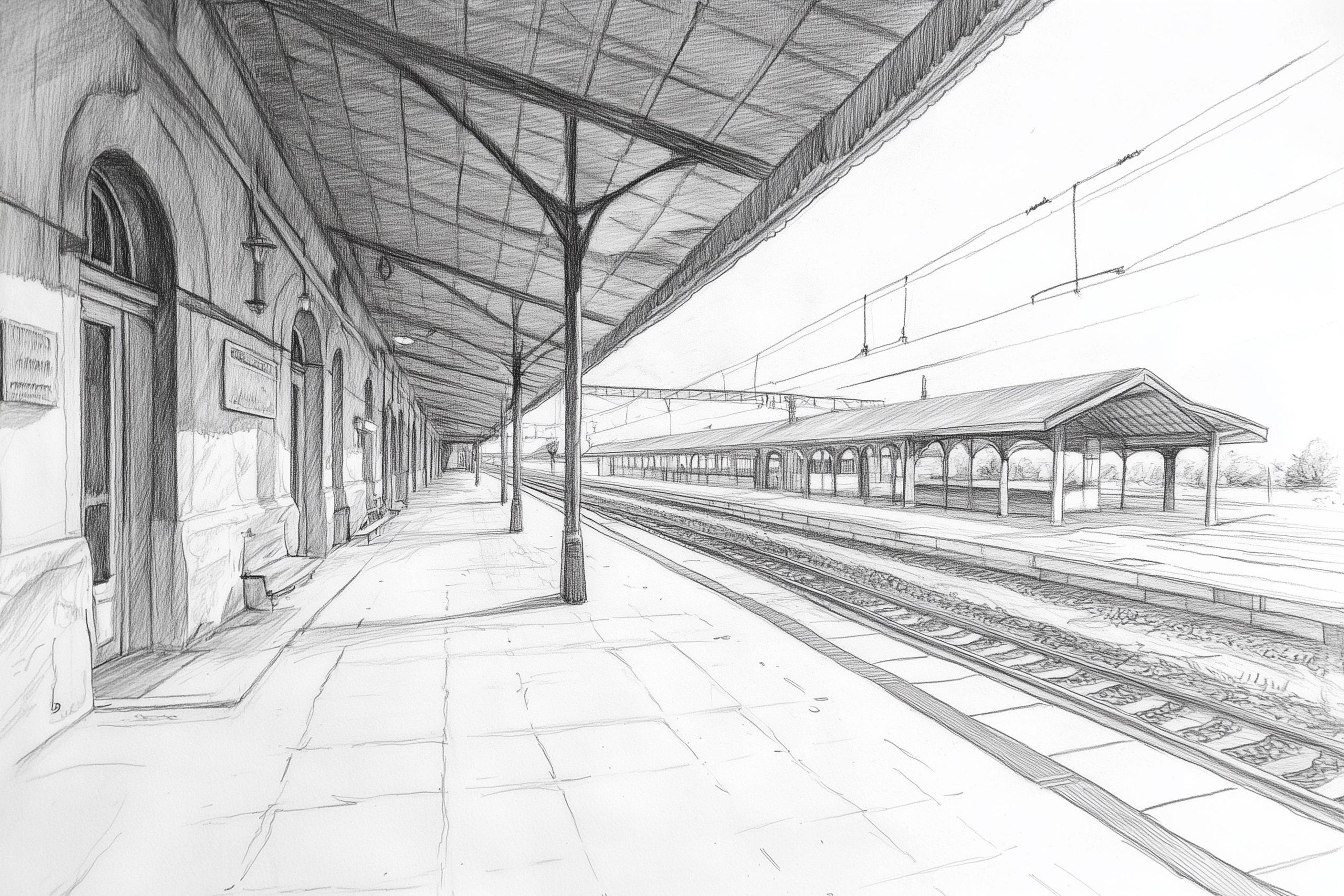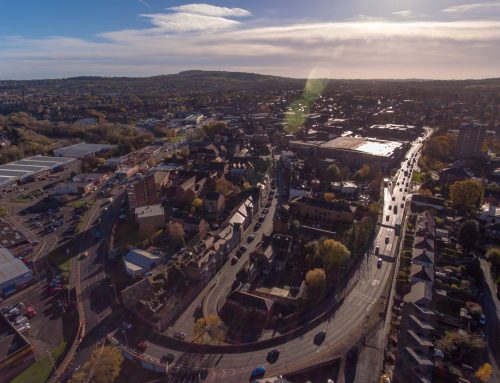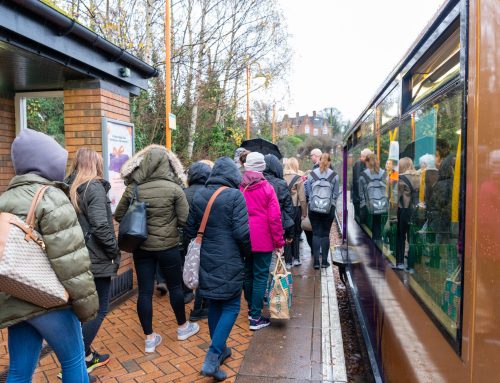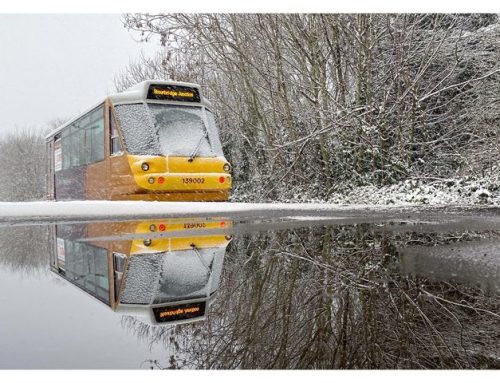
Rethinking UK Transport
Despite bold ambitions and years of policy pledges, public transport in the UK continues to lag behind. From cancelled rail projects to inaccessible rural services, the gap between vision and delivery remains stark. In our recent blog, we explored the systemic barriers that prevent real progress and how local, cost-effective alternatives can break through.
The UK transport system is hindered by three critical challenges: fragmented and unreliable funding, political short-termism, and outdated infrastructure frameworks. Local authorities are forced into complex, competitive bidding cycles for even modest improvements, while large-scale megaprojects dominate funding despite constant delays and cost overruns.
But there is another way.
Very Light Rail (VLR) systems, such as the Stourbridge Shuttle, prove that lower-cost, community-led rail solutions can thrive. Operating on a short route with over 500,000 passenger journeys per year, the Shuttle demonstrates high reliability, minimal environmental impact, and long-term sustainability, without the need for heavy infrastructure or massive budgets.
Our proposed Dudley Dasher service follows this model: using existing freight lines to deliver a battery-powered, zero-emission link between Stourbridge, Brierley Hill and Dudley. It’s shovel-ready, scalable, and built for the 21st century.
Yet projects like this are still slowed by outdated regulations and rigid funding pathways not designed for agile delivery. If we are to meet net-zero targets and create transport that truly serves people, we must embrace a new approach – one that prioritises local solutions, values practical impact over prestige, and enables innovation-ready schemes like VLR to lead the way.
The tools exist. The demand is clear. What’s needed now is political courage and policy reform.
Let’s stop waiting for the perfect solution and start delivering the right one.
Read the full blog today


